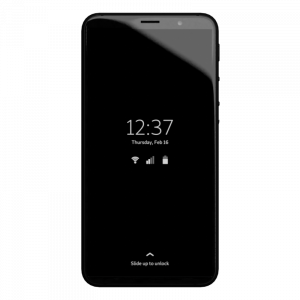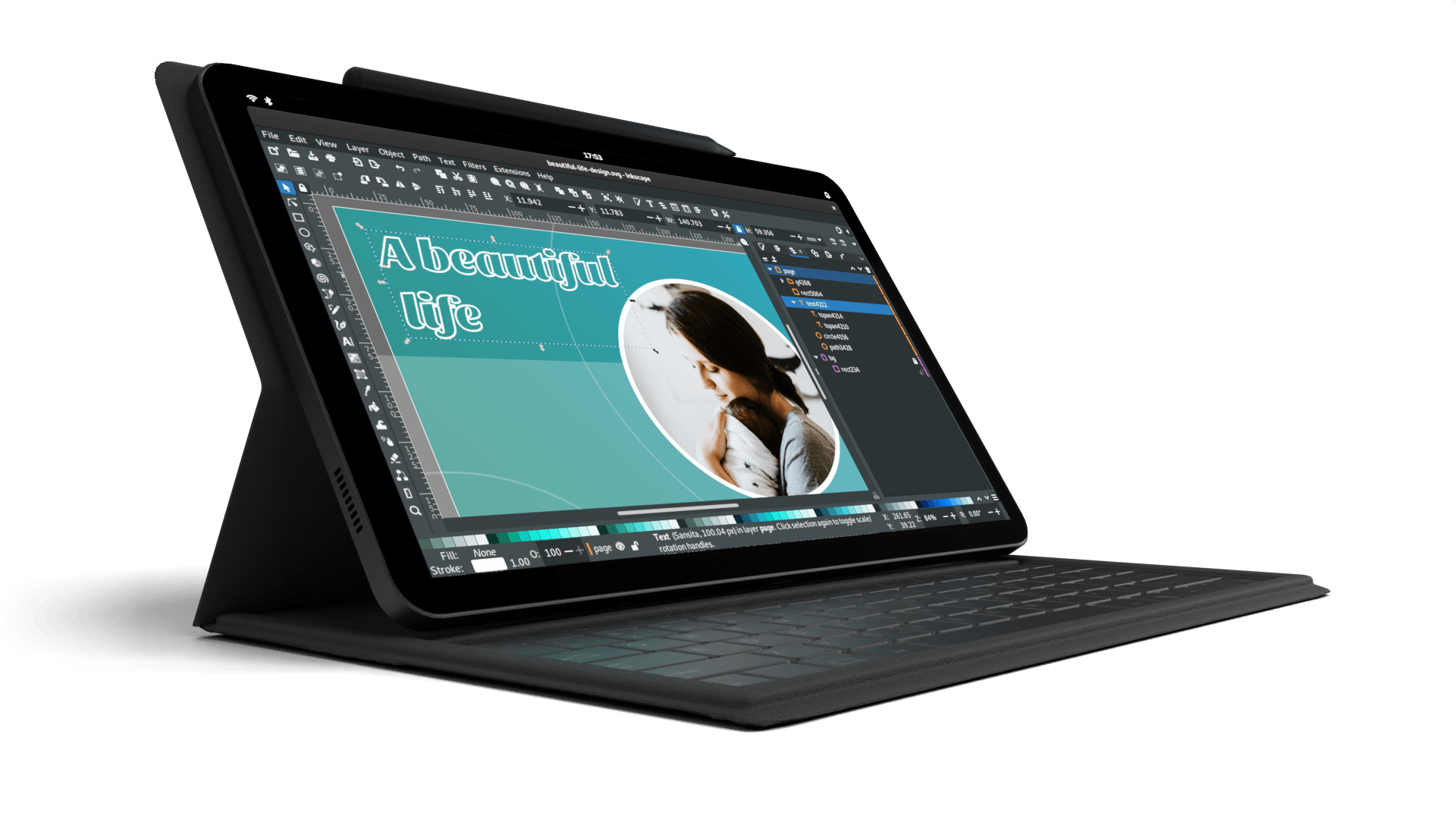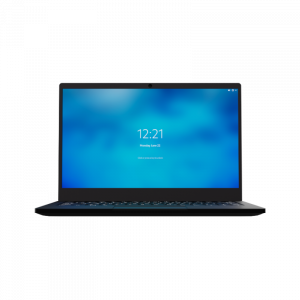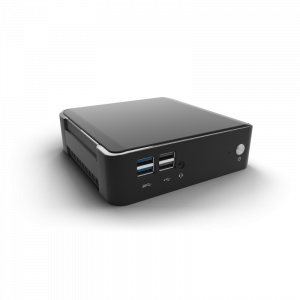Avoiding a Monoculture with Secure Diverse Technology
Randy Siegel
Latest posts by Randy Siegel (see all)
- Freedom of Choice vs. Oppression of Big Tech - November 6, 2024
- The Case for Free/Libre and Open-Source Software: Enhancing Security and Privacy in the Digital Age - October 22, 2024
- RIP RSA AES: The Immediate Need of Quantum-Resistant Cryptography - October 22, 2024
The Perils of Big IT Dependence: The Recent Global OS Outage
In the world of technology, diversity is not just a virtue, but a necessity. At Purism, a company dedicated to creating secure, privacy-respecting, and freedom-preserving digital solutions, we are deeply concerned about the growing trend of reliance on just a handful of operating systems (OSs). This monoculture in the OS landscape poses significant risks to our digital security, privacy, and freedom.
The Threat to Security
Firstly, let’s consider security. When the majority of the world’s computers and smartphones run on one or two Operating Systems, they share common vulnerabilities. This makes them attractive targets for malicious actors. A single successful exploit can compromise millions of systems. In a diverse ecosystem, an exploit found in one OS would affect a smaller proportion of systems, reducing the potential damage.
Purism’s PureOS is based on Open-Source Linux. This provides for a level of diversity that is hard to match in proprietary systems. There are numerous distributions and versions of open-source systems available, each with different configurations and security features. This diversity can make it more difficult for hackers to launch widespread attacks, as they would need to find exploits that work across a wide range of systems.
Microsoft OS, Apple IOS, Google Android, on the other hand, have a more uniform architecture. If a hacker finds a vulnerability in one system, it is likely to exist in others as well, making it easier to launch large-scale attacks.
Transparency and Scrutiny
One of the primary reasons why Open-Source Software (OSS) is considered more secure is due to its transparency. The source code of OSS is publicly available, allowing anyone to inspect, modify, and improve it. This transparency leads to increased scrutiny, with a large community of developers regularly reviewing and improving the code. This constant review process often leads to the early detection and patching of security vulnerabilities, making OSS less susceptible to hacking attempts.
On the other hand, Apple IOS, Microsoft OS and others represent closed-source systems, does not allow public access to its source code. This lack of transparency means that only a limited number of Big Tech’s own developers can review the code, potentially leading to slower detection and patching of security vulnerabilities.
Rapid Response to Threats
The OSS community is known for its rapid response to identified security threats. Once a vulnerability is discovered, it is usually disclosed to the community, and patches are quickly developed and distributed. This swift response time can significantly reduce the window of opportunity for hackers to exploit vulnerabilities.
In contrast, in a proprietary system like Apple IOS or Mac OS, the response time can be slower. The process of developing, testing, and distributing patches is often more bureaucratic and time-consuming, potentially leaving the system vulnerable for a longer period.
The Privacy Implication
Secondly, privacy is at stake. A single OS provider has access to an enormous amount of data, potentially enabling unprecedented levels of surveillance. This concentration of power is a threat to our privacy rights. In contrast, a diverse OS landscape distributes power, reducing the potential for mass surveillance.
The Freedom Factor
Finally, there’s the issue of freedom. Relying on one, or just a handful of OS’s often means being locked into that provider’s ecosystem, limiting our ability to choose alternative software that better respects our rights. In a diverse ecosystem, we have the freedom to choose an OS that aligns with our values.
The Way Forward
At Purism, we believe in promoting diversity in the OS landscape. Our PureOS is a testament to this belief. It’s a free and open-source OS that respects your freedom, protects your privacy, and enhances your security. But we can’t do it alone. We need a collective effort from users, developers, and policymakers to resist the trend of OS monoculture and promote digital diversity.
Conclusion
In conclusion, too much dependence on only a handful of Big-Tech based Operating Systems, is dangerous for the world. It threatens our security, invades our privacy, and restricts our freedom.
About Purism
Purism is a social purpose corporation that develops secure and privacy-focused technology products. The company’s Liberty phone is made in the USA at the Purism facility, offering the best supply chain security, and runs PureOS—that is not Android based—and includes many innovative security features including hardware kill switches for cellular, Wi-Fi/BT, and camera/microphone. Purism as the OEM/ODM also offers custom fabrication capabilities.
Purism Products and Availability Chart
| Model | Status | Lead Time | ||
|---|---|---|---|---|
 | Librem Key (Made in USA) | In Stock ($59+) | 10 business days | |
 | Liberty Phone (Made in USA Electronics) | In Stock ($1,999+) 4GB/128GB | 10 business days | |
 | Librem 5 | In Stock ($799+) 3GB/32GB | 10 business days | |
 | Librem 11 | In Stock ($999+) 8GB/1TB | 6+ weeks | |
 | Librem 14 | Out of stock | New Version in Development | |
 | Librem Mini | Out of stock | New Version in Development | |
 | Librem Server | In Stock ($2,999+) | 45 business days | |
 | Librem PQC Encryptor | Available Now, contact sales@puri.sm | 90 business days | |
 | Librem PQC Comms Server | Available Now, contact sales@puri.sm | 90 business days |
Recent Posts
Related Content
- A Quarter Century After Cyberselfish, Big Tech Proves Borsook Right
- PureOS Crimson Development Report: November 2025
- PureOS Crimson Development Report: October 2025
- Landfall: A Case Study in Commercial Spyware
- Librem PQC Encryptor: Future‑Proofing Against Both SS7 and Quantum


